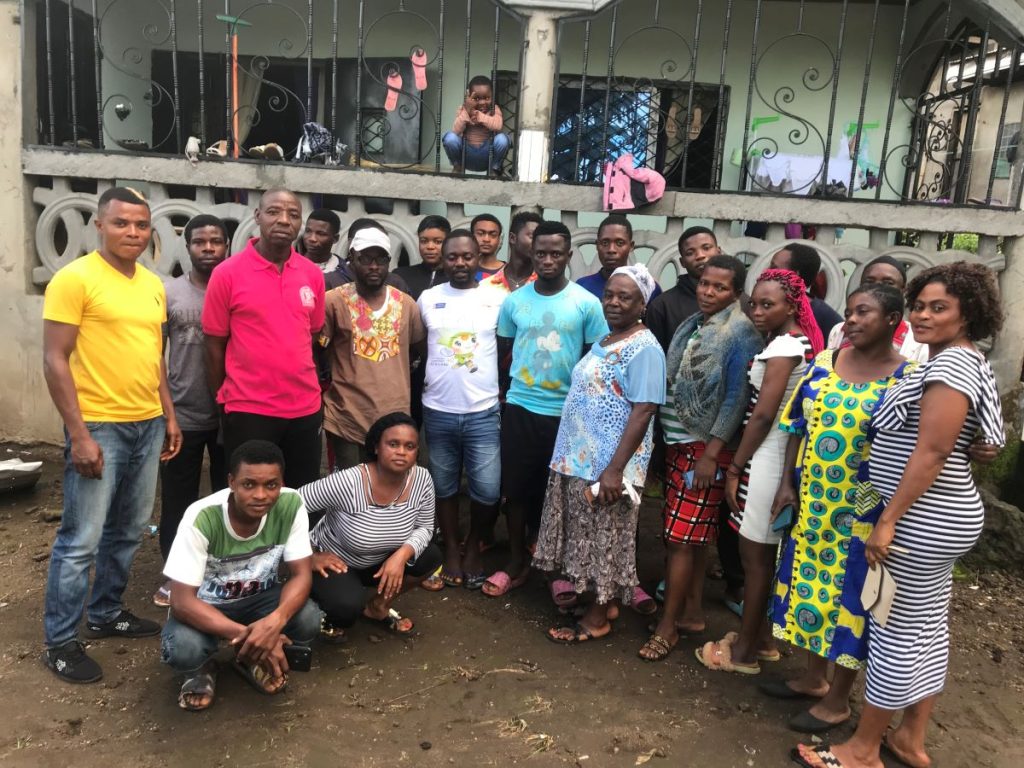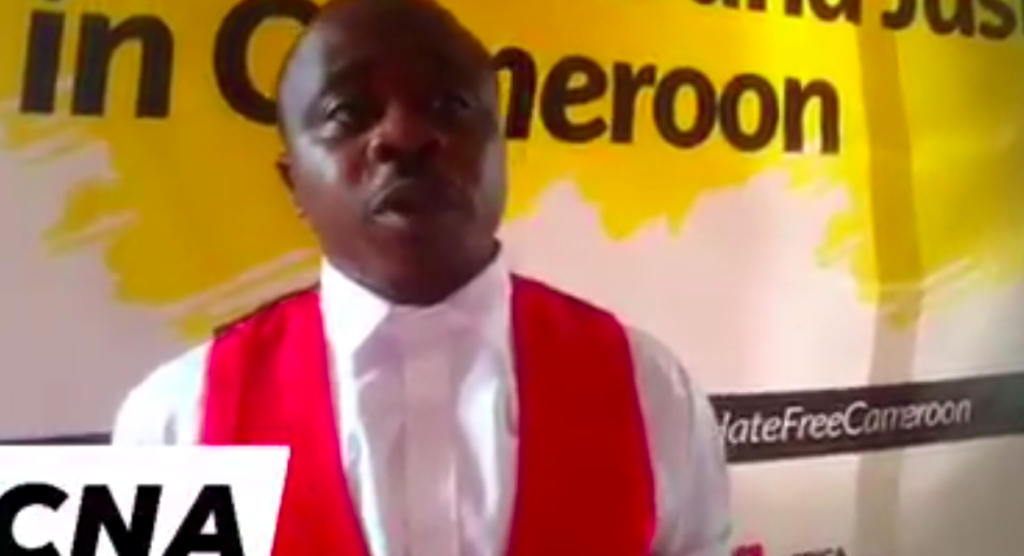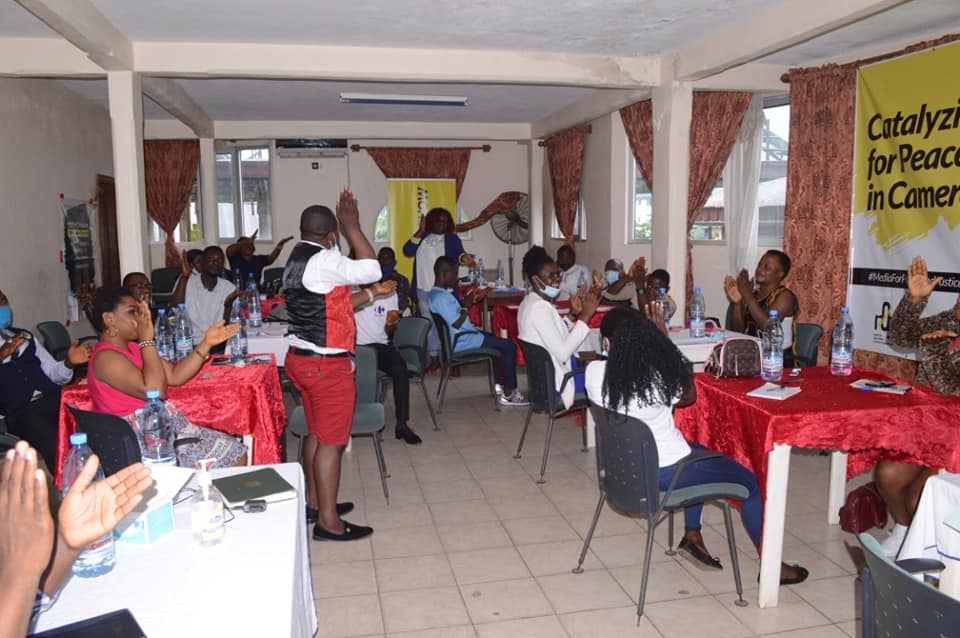Promoting Best Practices Within Crisis-Affected Communities
Denouncing hate and hate speech, online and offline.
Within the framework of a partnership agreement between Global Hand Cameroon and the organization Civic Watch — and in collaboration with the r0g_agency under the #defyhatenow programme — a one-day workshop was held for locals within the Bonavada communities in Buea on methods to identify, expose, and eliminate hate speech in their various localities.
The workshop, conducted on 13 June 2023, brought together men, women and youths, comprising people local to the area as well as internally displaced persons (IDPs) who have been forced from their homes due to the ongoing Anglophone Crisis.
During the training on the theme, “denouncing hate and hate speech, online and offline”, participants were educated on issues such as misinformation, disinformation and malinformation, and how these can form the basis of hate and hate speech. Making use of local examples, instructors described how slang words and stereotyped perceptions can affect people negatively — even when the user did not intend to cause harm.
Participants were urged to always process and reflect on information they receive, and if they want to continue to spread it, they should first consider the implications of what spreading the information will be (#thinkbeforeyouclick).
After participants had been sensitized to the dangers of using certain words with negative connotations on particular people or groups, they posed questions relating to how to better address and refer to other groups or people in ways that do not cause hate. They also asked about redlines to respect when it comes to using speech in a constructive way.
According to Mr. Evambe Thompson of Global Hand Cameroon, the purpose of the workshop was to “to teach people how to live together and how to avoid and denounce hate speech, because it is revealed that during this crisis period a lot of things have gone wrong. Communities have clashed with displaced people [IDPs] because the displaced people were competing for resources, and the communities sometimes did not want to grant them access.”
Moreover, rising tensions during the crisis are exacerbated by the way information is received and spread around communities — often without fact-checking — leading to people building and adopting biases. At the end of the day, these biases foster hate and inspire hate-speech, thus creating conflict.
The workshop was productive and well received. One of the participants, community member Azeteh Julius, said he learned a lot about things that he and others had normalised because they did not know any better. He termed the workshop fruitful, and stated he learnt things that will help society — how to live with others and not discriminate. “We learnt how to live with people from different places,” Mr. Azeteh said, “and I think that will help us a lot.”
At the end of the session participants requested further training workshops on the subject, as well as on other issues such as gender and gender-based violence, climate change adaptation and mitigation, and “smart agriculture”. We look forward to facilitating more of these types of workshops to create positive change.
Posted in 2023.



